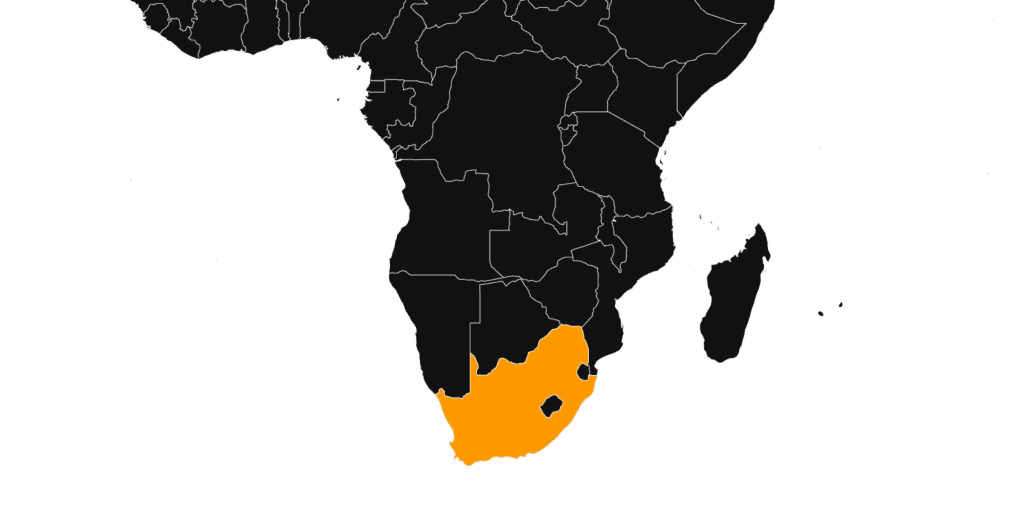
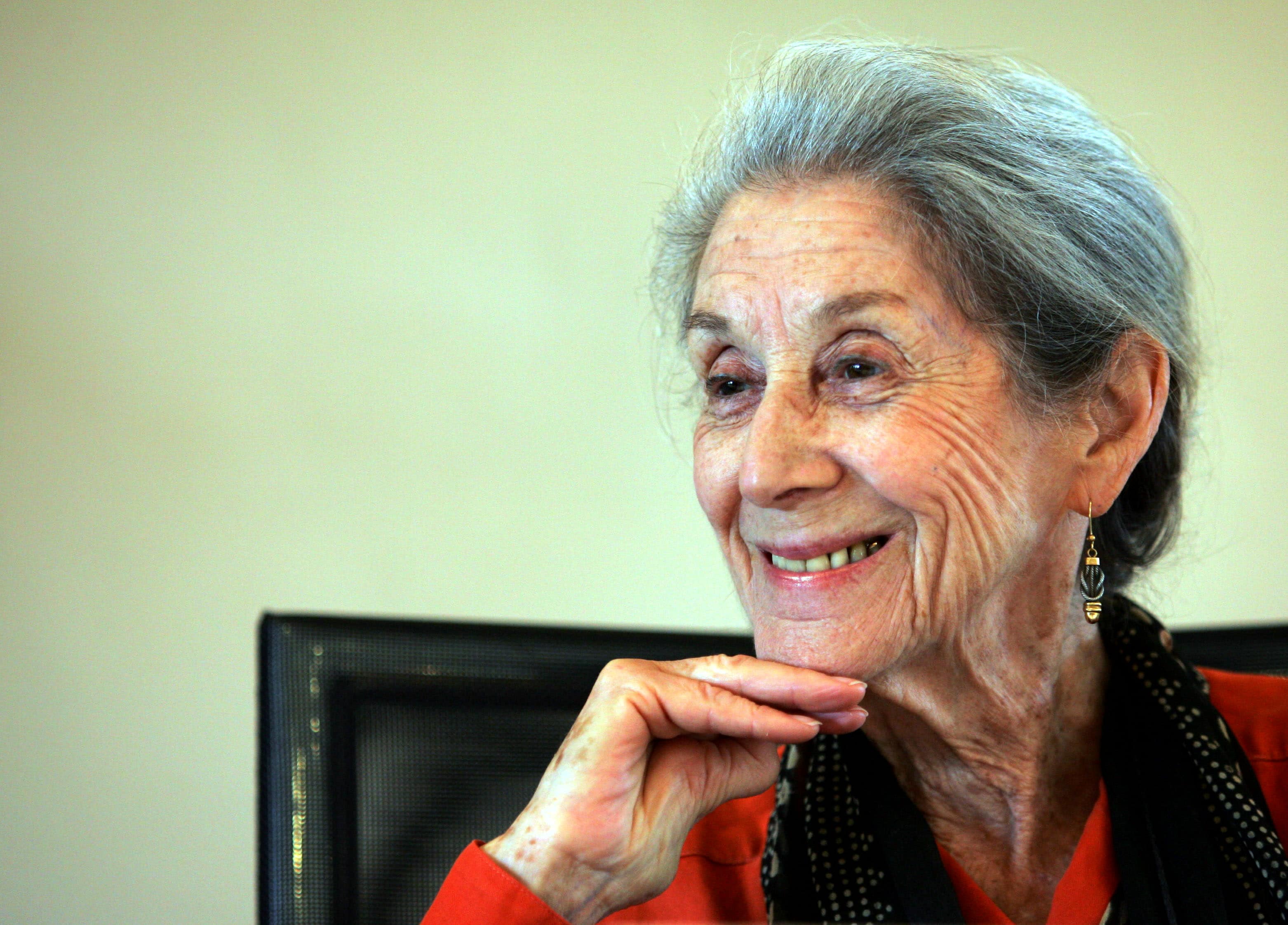
In memory of Nadine Gordimer, writer and anti-apartheid activist
Nadine Gordimer, winner of the Nobel Prize for Literature and the Booker Prize died at age 90. Three of her books – Burger’s Daughter, A World of Strangers and The Late Bourgeois World – were banned by the apartheid regime.
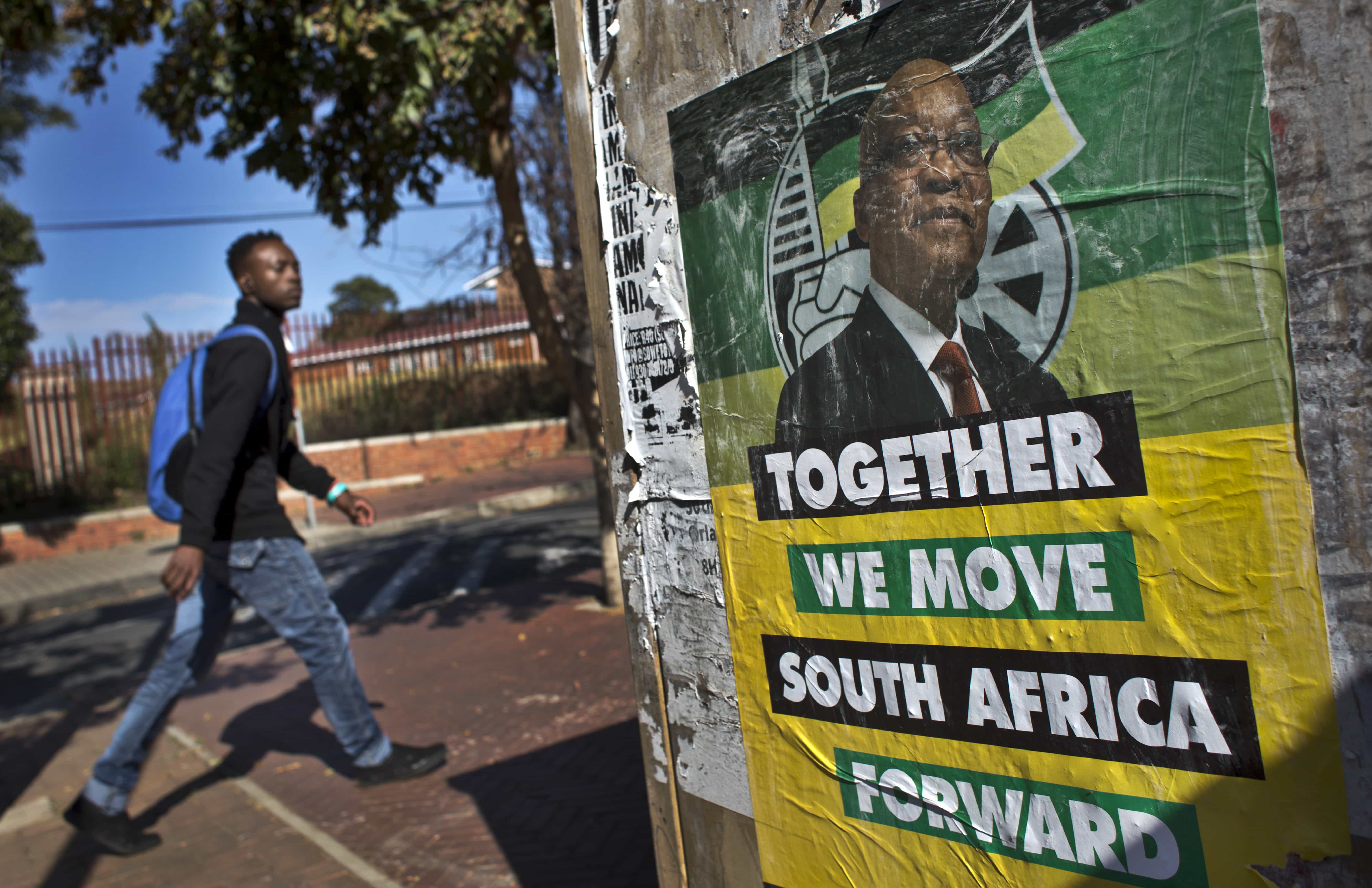
Time for action on South African ‘secrecy bill’
IPI’s General Assembly meeting in Cape Town on April 14 unanimously urged Zuma to submit the Protection of State Information Bill, also known as the “secrecy bill”, to the court for a ruling on its constitutionality.

IPI members call for court review of South African bill, adopt other resolutions
IPI members approved various resolutions during the course of the General Assembly, including language sharply criticising the governments of Ethiopia and Egypt for their use of anti-terror laws against journalists and a call for authorities in Russia and Ukraine to end pressure on media and allow greater exchange of information between and within both countries.
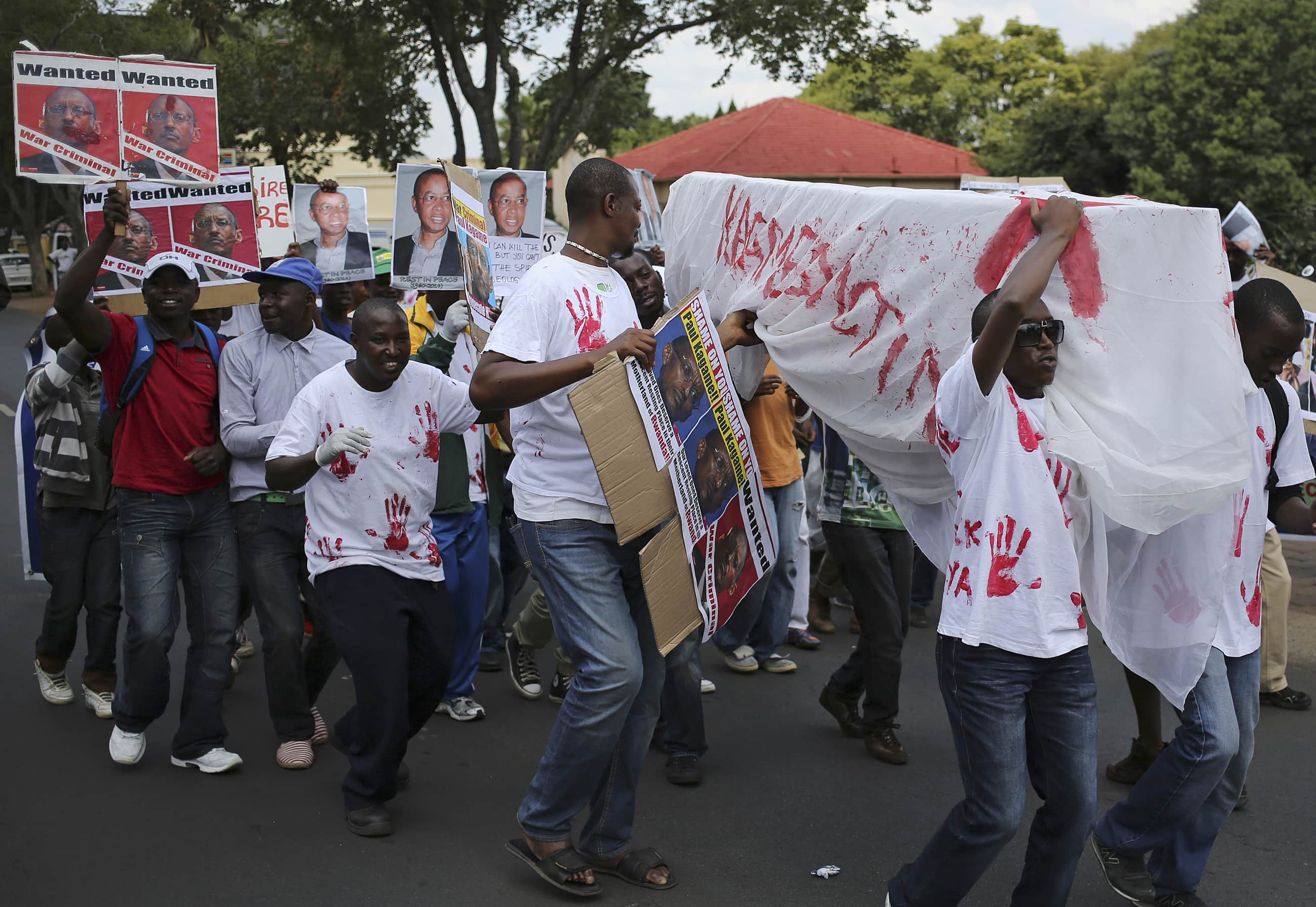
New report documents attacks on Rwandan opponents and critics abroad
“Repression Across Borders” illustrates the persistence of attacks on Rwandan opponents and critics in exile, spanning the period of 1996 to 2014. The most recent case was the murder of Patrick Karegeya, a prominent Rwandan dissident who was found dead in Johannesburg, South Africa, on January 1, 2014.
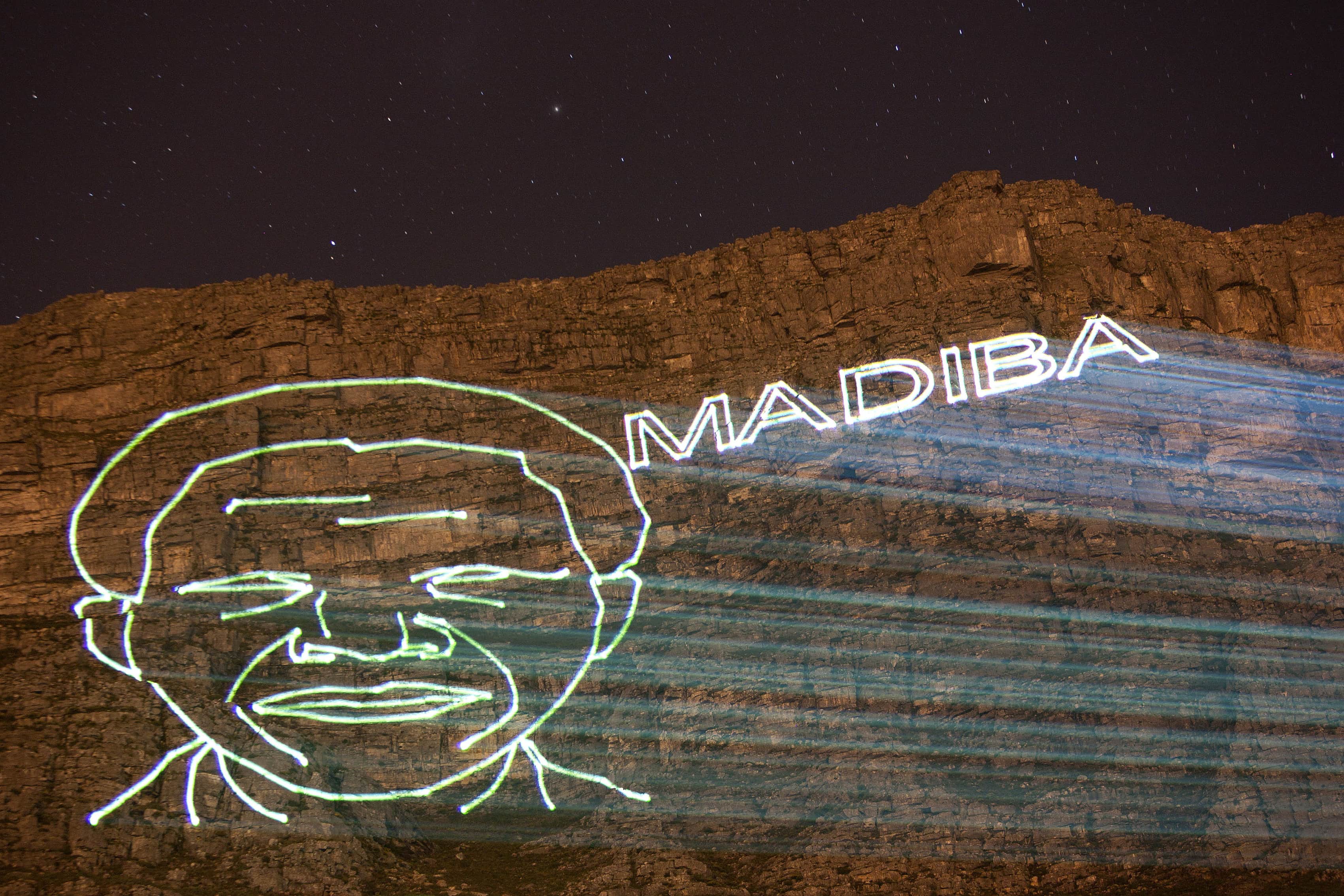
In Madiba’s shadow: The future of free expression in South Africa
Last month the world lost a great leader, statesman and human being. While Nelson Mandela will never be forgotten, particular attention must be paid to the gains in human rights and free expression that have been made in South Africa, in large part due to Mandela’s influence.

Demonstration in South Africa calls for reinstatement of Cape Times editor
A demonstration on 17 December will demand the reinstatement of Cape Times editor Alide Dasnois and the withdrawal of the threats against two journalists who questioned the awarding of a major government tender to the Sekunjalo Independent Media Consortium.
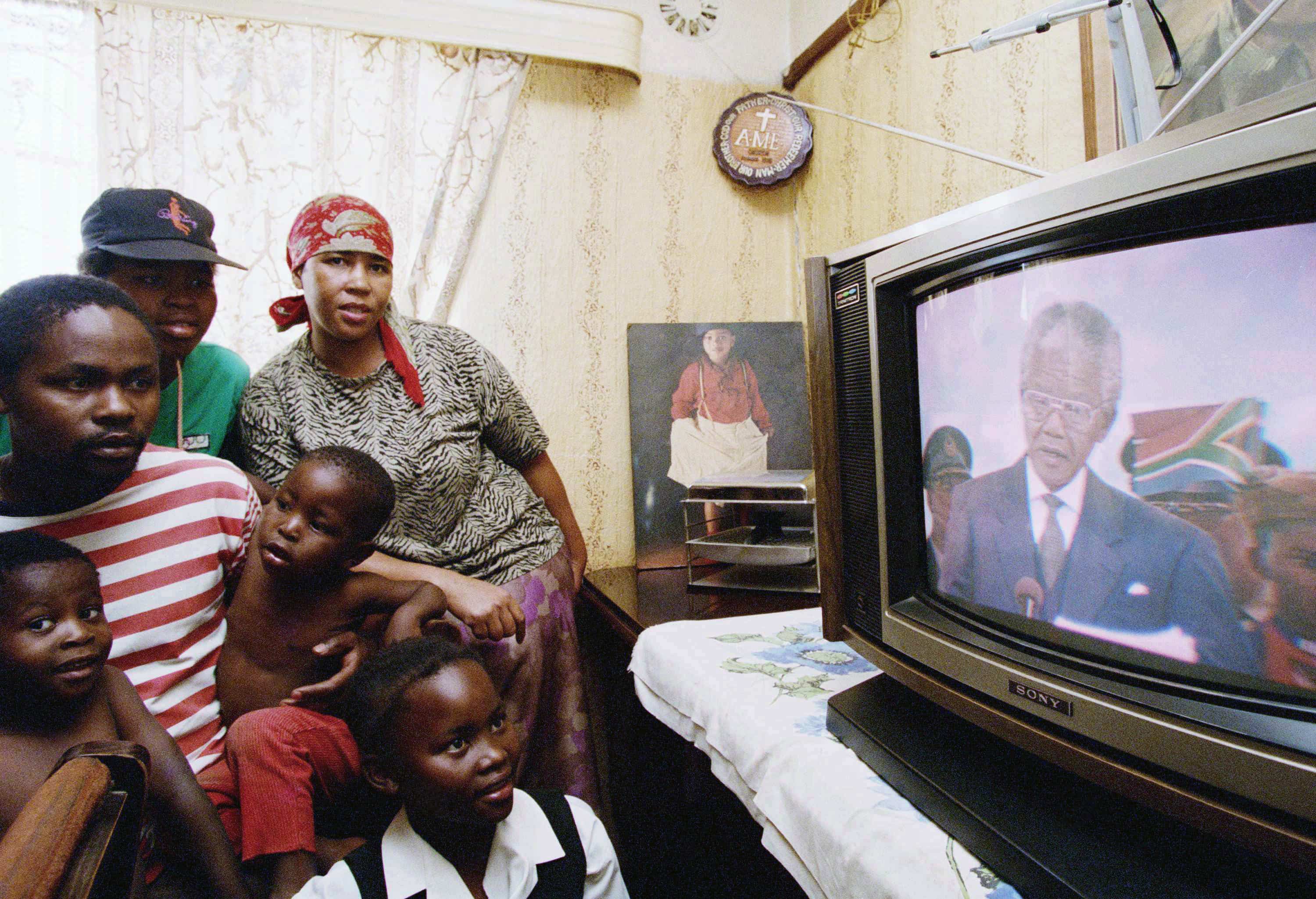
South Africa: Will press freedom be affected by the passing of Nelson Mandela?
As the press enters the post-Mandela era, some journalists are uneasy, concerned whether his passing will lead the government – which over the last few years has curbed the media’s freedoms – to add more restrictions.
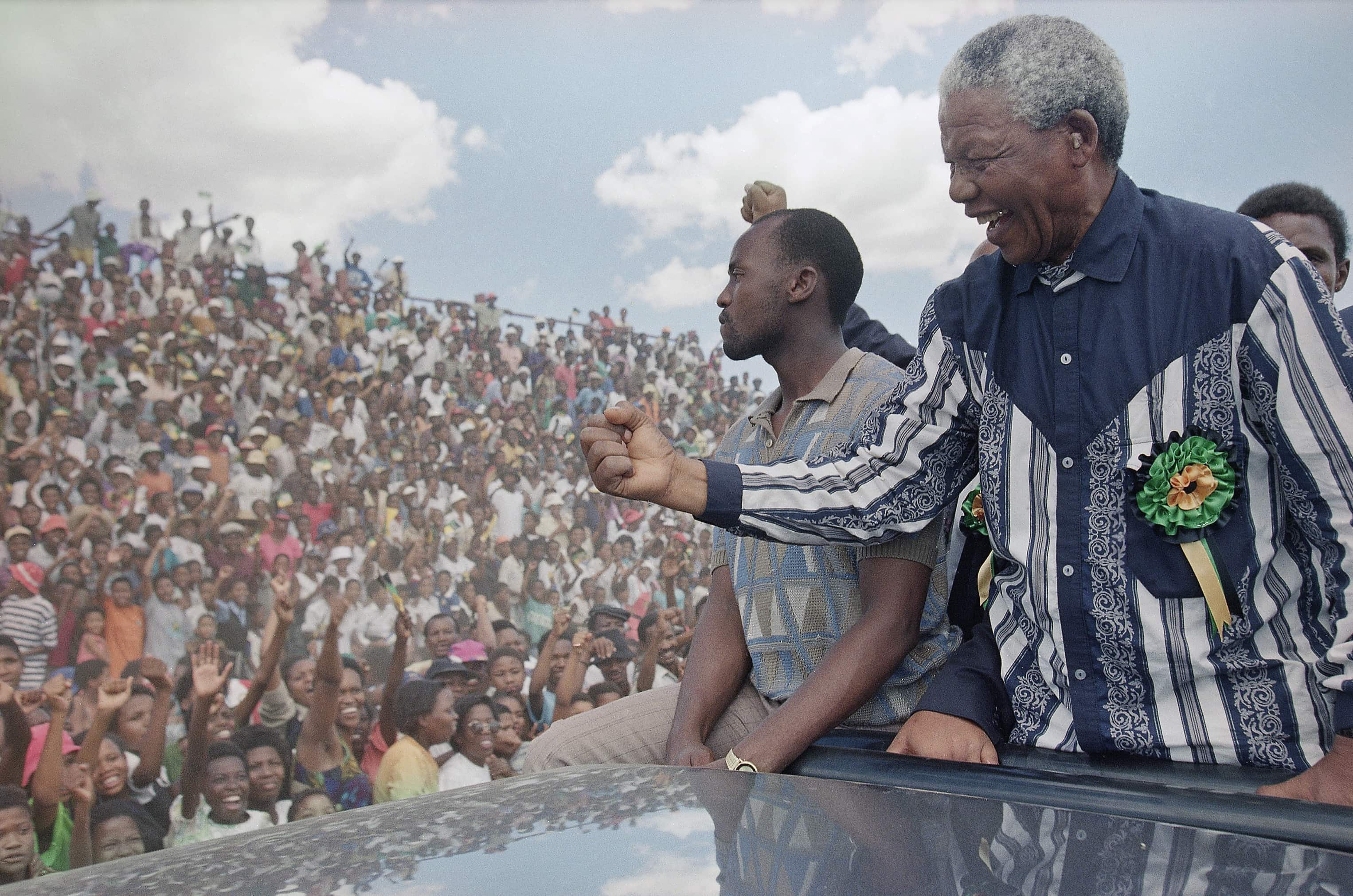
The legacy of Nelson Mandela, father of the rainbow nation
Index on Censorship editor Rachael Jolley reflects on the legacy of Nelson Mandela, a man whose motivation for freedom, dignity and human rights was instrumental in overthrowing apartheid in South Africa.es.
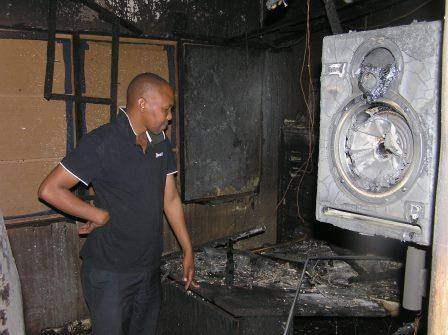
South African community radio station silenced by fire
Two masked gunmen entered the offices of Karabo FM in the city of Sasolburg on Saturday night, ordering the host and his guests to leave the station before they poured gasoline on the premises and started a fire.
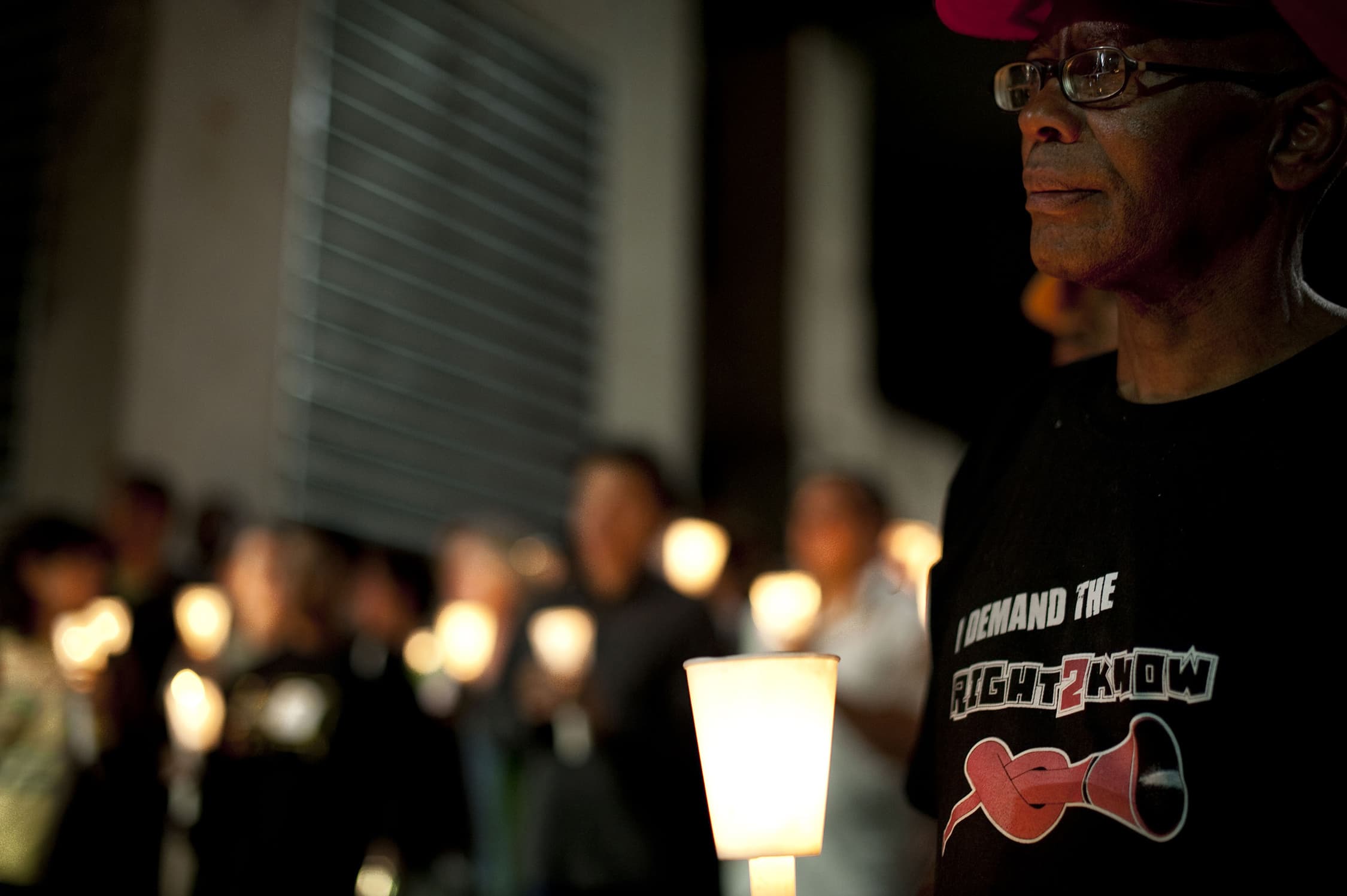
South Africa: Confronting choices about free expression
Though the shackles of apartheid have faded, South Africa is facing questions about government surveillance in the digital era, media regulation and artistic censorship.
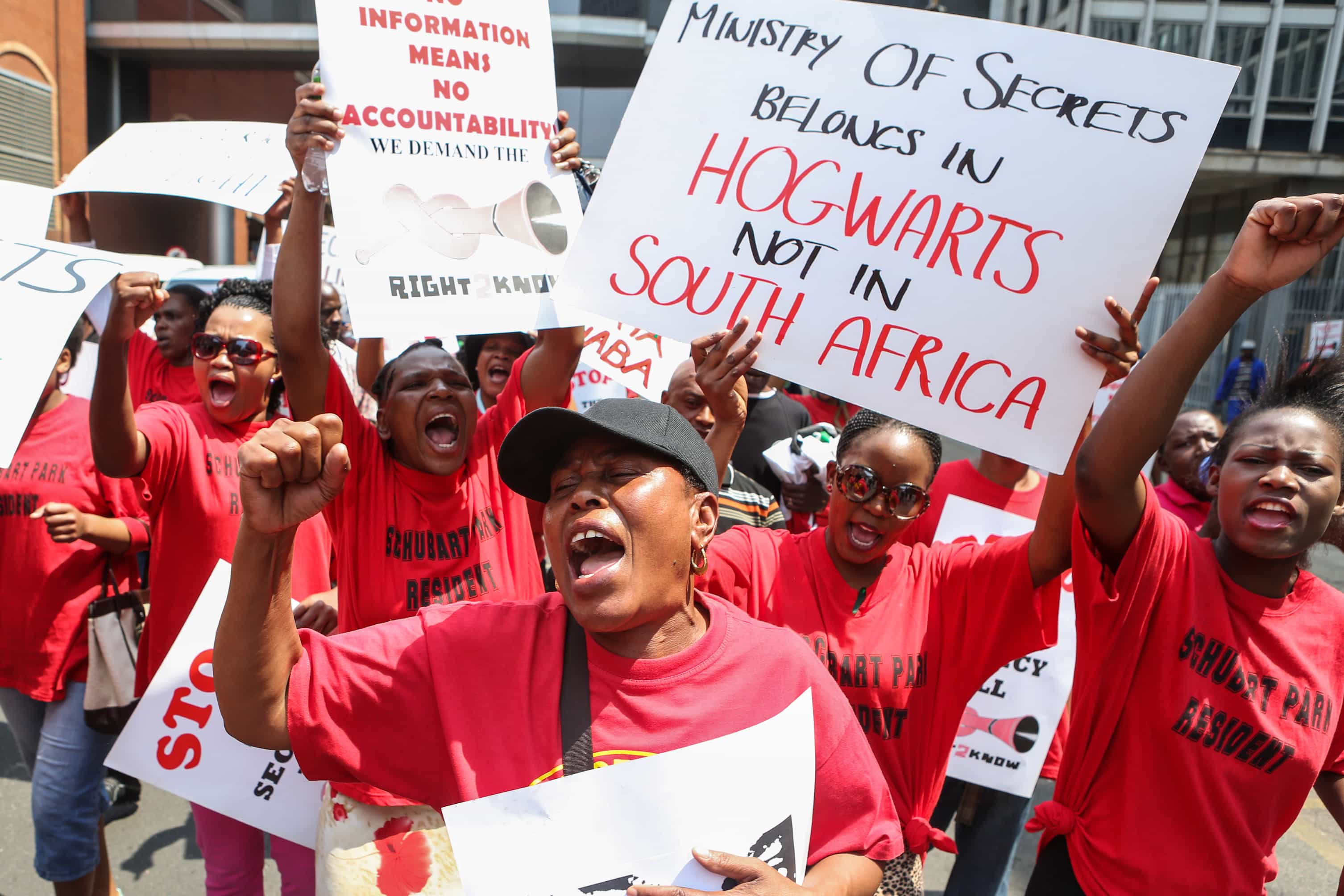
South Africa’s secrecy bill signals growing political intolerance
The so-called secrecy bill’s passage through the South African parliament mirrors an increasing political intolerance towards diverse views that in some cases has spilled over in violence, Christi van der Westhuizen reports.

Reporters could face up to 25 years in jail under new South African bill
Sentences of up to 25 years in prison for revealing classified state information could become a reality for journalists if President Jacob Zuma signs the new Protection of State Information Bill into law.
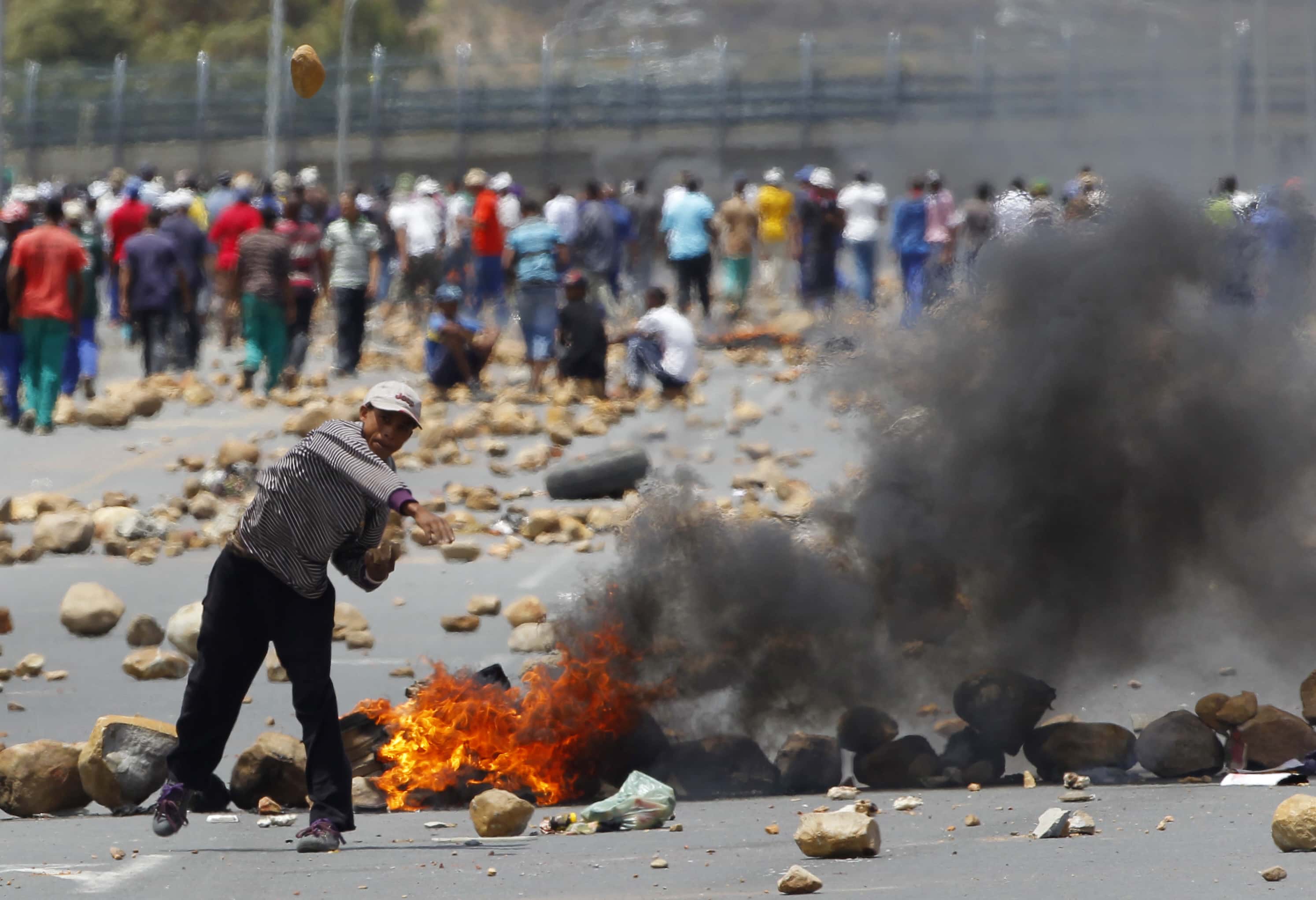
South African journalists face threats, attacks
Zolile Menzelwa was attacked on 3 March and told to stop writing “about the mayor.” The incident follows a series of attacks on journalists during their coverage of a farm workers’ strike in January.

Striking farm workers attack reporters in South Africa
Striking farm workers in De Doorns, located in South Africa’s Western Cape province, on Monday, 14 January 2013 attacked three journalists from the public broadcaster, the South African Broadcasting Corporation (SABC) who were covering their strike action.
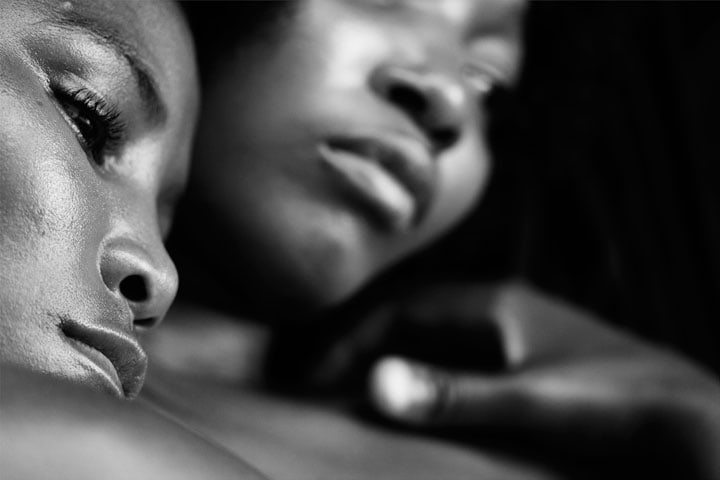
Zanele Muholi’s photos from South Africa’s gay community
Photographs from Zanele Muholi, a South African black lesbian who documents the daily lives – and deaths – of black homosexuals, often at her own risk.

South African minister of police says journalist was wrongfully arrested
Minister of Police Nathi Mthetwa has conceded that investigative journalist Mzilikazi wa Afrika was wrongfully arrested in 2010.